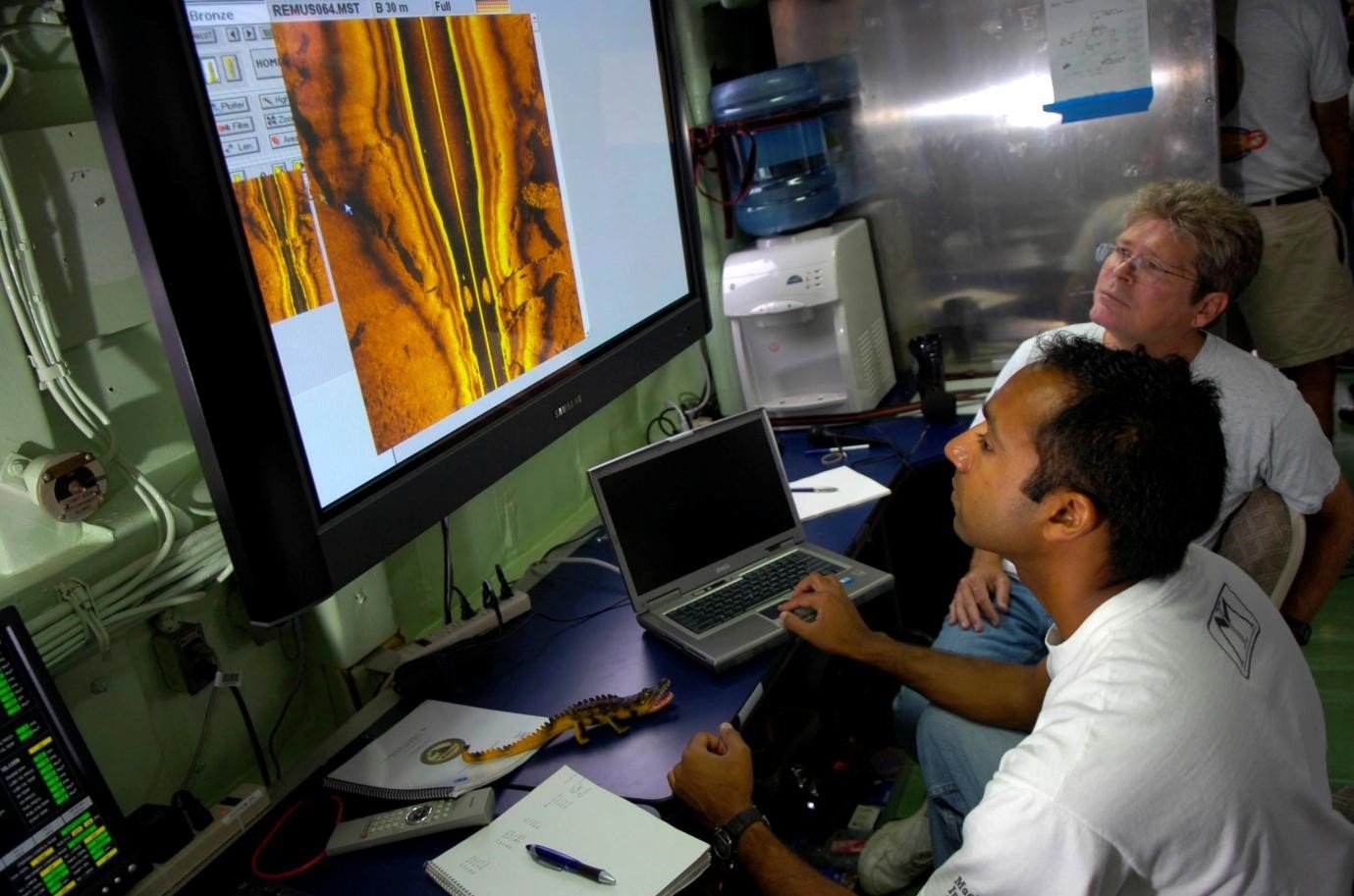Clinical trials are a necessary part of developing new drugs and medical devices. However, monitoring clinical trials can be a difficult feat. Remote clinical trials not only make it easier for companies testing drugs but also for the patients taking part in the trials. The trials and adaptive phase 1 clinical studies like those undertaken by https://www.richmondpharmacology.com/specialist-services/adaptive-phase-i-studies rely on the results and information from those that are taking part being returned quickly and efficiently. Some trials can even be accessed via mobile devices so that participants can take part wherever they are, which can only mean faster results for the clinics.

Performing and monitoring clinical trials can take a lot of time. This time can be better spent developing new medical devices and drugs, so any monitoring system that can speed up the process of monitoring medical trials will speed up the process of approval for new drugs and enable a more efficient system for the medical industry.
How Remote Monitoring Works
For example, patients could upload their data to their personal account and their readings become immediately available to the testing team. A web-based platform for monitoring can be personalised and helps make storing data easier to share with the relevant bodies and practitioners.
Remote monitoring systems can improve patient-care coordinator communication and enable better pharmaceutical consulting through instant, accurate monitoring from clinical trial experts. Clinical and medical trial solutions can work with the latest technology in order to ensure a smooth, communicative and open trial which benefits the clinicians, the participant and the industry as a whole.
Some medicines can be administered and monitored remotely via remote control using microchips implanted under a patient’s skin. Formulated in 2012 for an osteoporosis sufferer in the USA, this remote treatment could help pave the way for advanced remote monitoring systems for clinical trials.
The Future of Clinical Trials
Trials that can be monitored remotely enable more people to take part easily from different areas of the country or even the world. This gives a better participant base for wider testing and therefore, in some cases, more accurate testing. It also makes monitoring easier for the participant as they can take part from wherever they are using their Smartphone or tablet device.
This is surely the future of clinical trials. Technology has made advancements in medicine faster and easier and remote treatments and monitoring systems can only ensure a more efficient medical industry for everyone involved.



